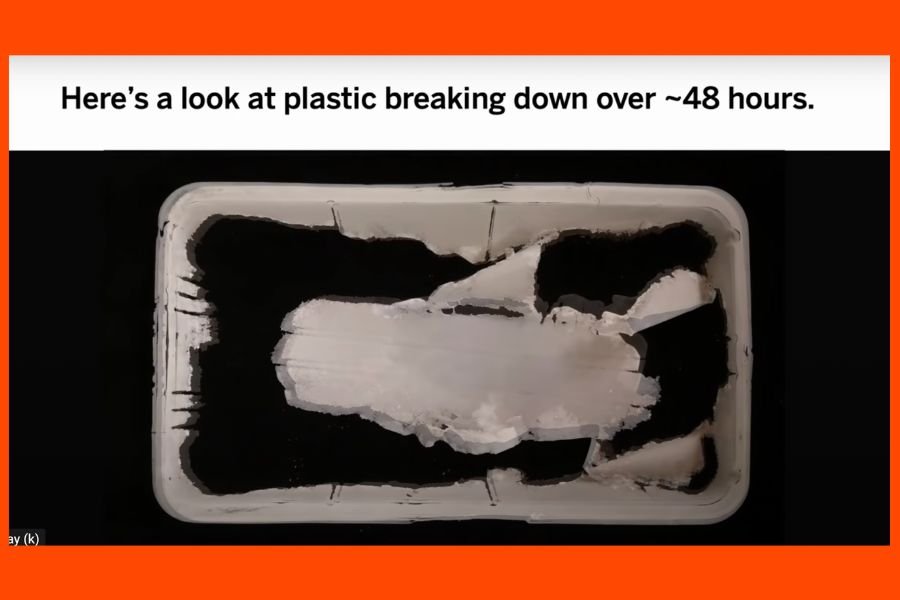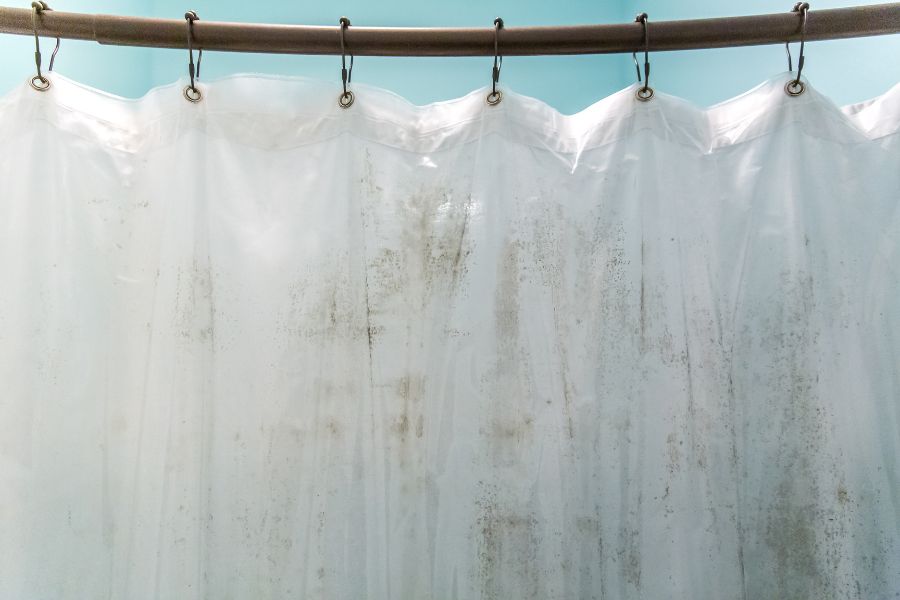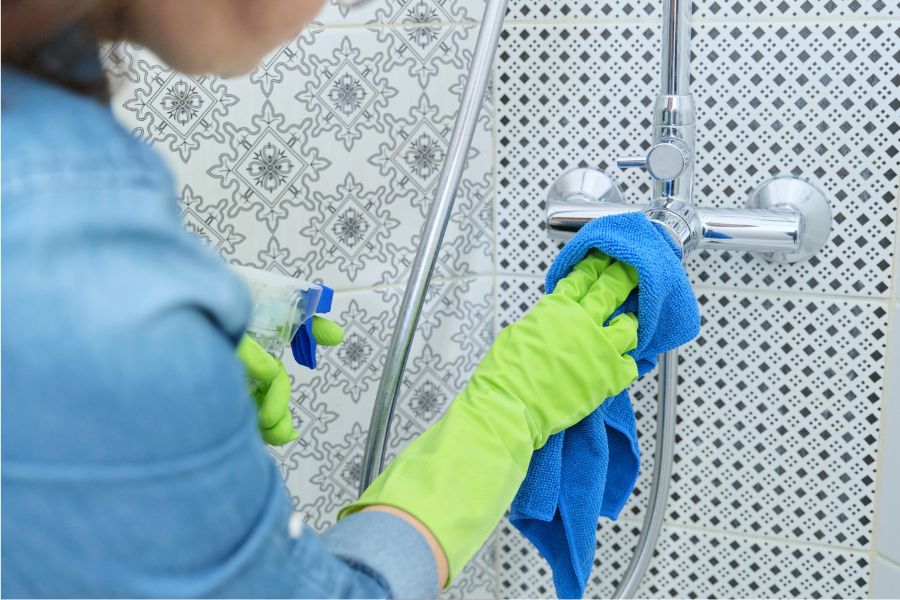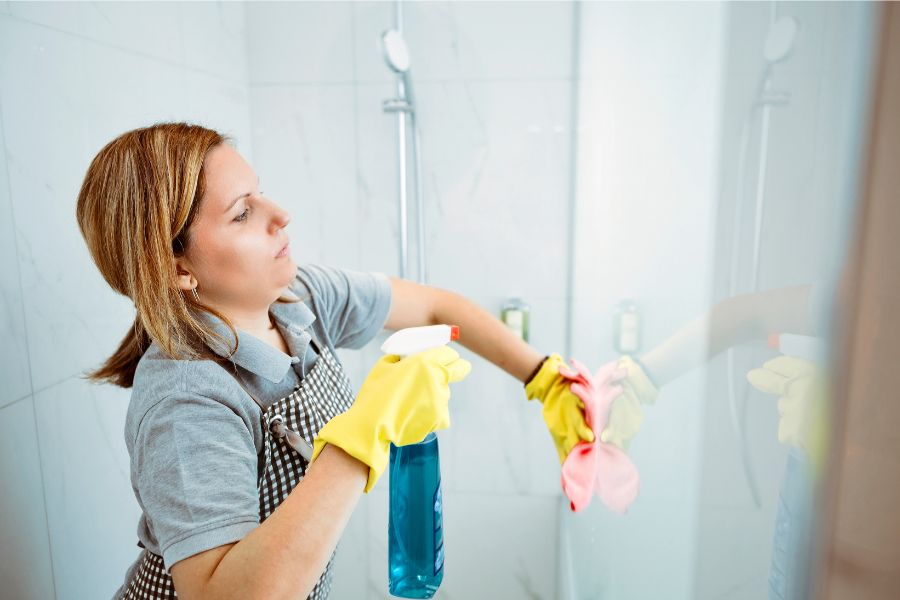Plastic has been taking over our world for a while now.
You may not think too much about it, but plastic is a global crisis. A recent rundown in The National Review reveals that more than 8 million tons of plastic is regularly deposited in the ocean. It’s killing sea life, endangering coral reefs, and affecting the fish we eat because of the toxins they ingest.
So much for a happy, carefree day, right?
But there’s some good news on the horizon: Scientists have found a mutant bacteria that eats plastic.
Of course, this mutant bacteria isn’t exactly like the kind of mutants you see in movies and comic books. Although, I’ll admit I initially thought, “Good! Someone’s finally getting Storm to handle this whole climate change business.” How cool would that be?
So maybe Professor X isn’t coming out of hiding to help us with our global problems, but the reality of this news is just as exciting. According to The Guardian, an international team of scientists have mutated a bacteria’s enzyme to fully break down plastic bottles.
The plastic-eating bacteria was first discovered in 2016 in Japan. Researchers studying plastic pollution — specifically polyethylene terephthalate or PET — discovered a colony of bacteria that fed on the plastic, breaking down strong chemical bonds as a means of survival. The bacteria back then, though, was eating through highly crystallized PET — the material plastic bottles are made of — at a slow rate. Researchers knew it would take a while for the bacteria to evolve into the environmental savior we need.
Scientists started studying the bacteria’s evolution and discovered they’d unintentionally made it stronger.
“It’s alive! It’s alive!” they screamed. That’s how I imagine the discovery of this mutated bacteria enzyme went, with all the blinking lights and klaxons of a superhero movie. That’s what happens in labs, right?
Well, that’s how it should have gone. Because this is exciting! After viewing a 3D model of the bacteria, scientists discovered that small modifications could make its enzymes much more effective. The BBC reports that PET takes “hundreds of years” to break down on its own, but with the modified enzyme, called PETase, the same process begins within a matter of days. The enzyme breaks down PET to its original building blocks, meaning that the plastic can be reused again without losing quality.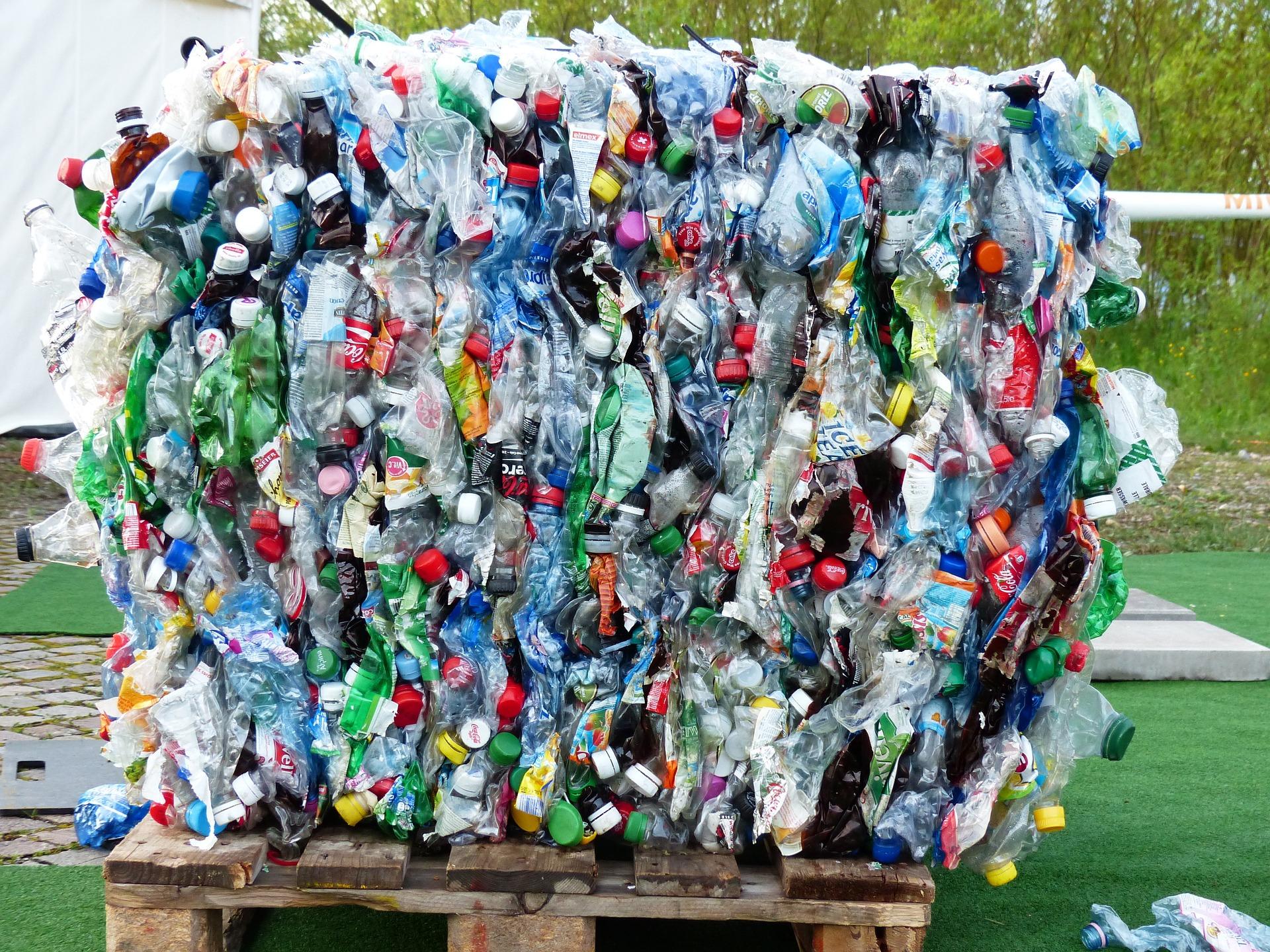
Here’s why this is important: You may think plastic bottles are recycled into new plastic bottles and that every bottle you drink from had a rich and beautiful life before it came to you, but that’s not true. In 2017, BuzzFeed reported that Coca-Cola sourced only 7% of its plastic from recycled material and only 6% of Nestle’s bottles were made from recycled plastic. The rest of all that single-use plastic being dumped is turned into other fibers like carpet and clothing.
This is because plastics degrade as they’re recycled. “Bottles become fleeces, then carpets, after which they often end up in landfill,” the BBC notes.
But PETase makes it possible to use PET in its original form over and over again.
We’re only at the beginning of this development.
On one hand, PETase could bring us closer to true recycling (producing much less plastic and using much less fossil fuel) than ever before. But the research has only started. The breaking down process still needs to be made faster, so it could be years before PETase or anything like it is used on an industrial scale.
While scientists keep working to make PETase a worldwide plastic problem-solver, we can all do our part by reducing our reliance on plastic. Little things — like a reusable bottle for the gym, keeping metal utensils at work, and reusable bags and totes for trips to the store — can help keep the Earth clean, save animals, and make us a little less reliant on mutants (er, mutant enzymes) to save the day.
Curious to learn more? Watch the video below:

